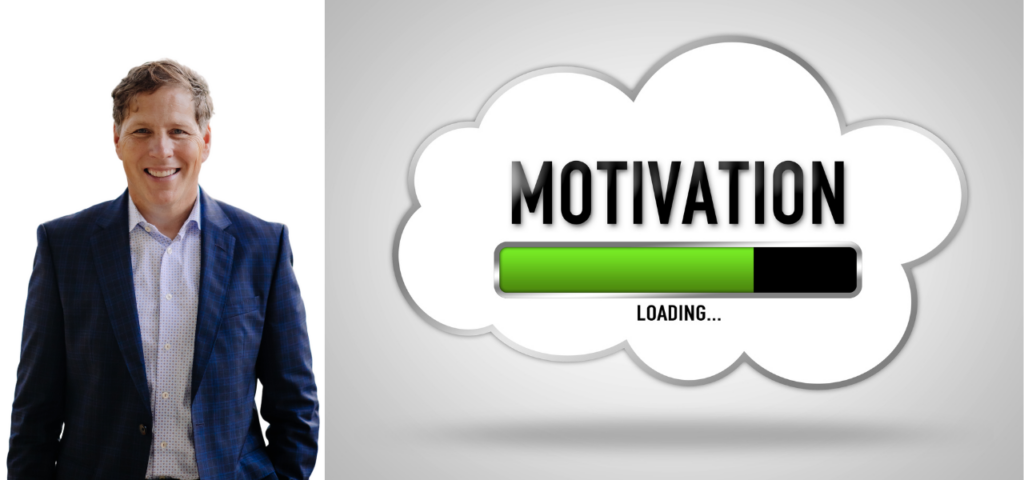
The Simple Secret to Supercharging Motivation
Imagine a few buckets of seawater holding enough nuclear energy to power the entire planet for a day—if only we could unlock it. Similarly, the people in your organization are packed with untapped talent, intelligence, and creativity that could amaze you. Just think: what could your team achieve if you harnessed this power?
In the past, during the Industrial Age, money was the main thing that got people moving. But today, a paycheck isn’t enough to truly engage people. Why? Because it’s expected. So what really lights a fire under people?
A groundbreaking study by Towers-Perrin found that employees value knowing their work matters more than they value their salary. Believe it or not, being appreciated tops all other factors like money, growth opportunities, or even good communication. The famous psychologist Carl Jung said it best: “The least of things with meaning is worth more in life than the greatest of things without it.” Recent studies support this, showing that people of all ages want the same basic things from their jobs: meaningful, challenging work.
This idea of finding “meaning” isn’t just some feel-good philosophy; it’s backed by science. Psychologist Dr. Barbara Fredrickson found that meaningful living is actually healthier than just chasing happiness. Too much of the “feel-good” stuff can actually stress you out and weaken your immune system. On the other hand, a life full of meaning has real health benefits. Plus, it’s good for business. When workers find their tasks meaningless, it drags the whole organization down.
Some might argue, “I pay them, so they should find meaning in their work on their own.” But that’s old-school thinking. Author Daniel Pink explained that we’re all naturally looking for a purpose. Traditional businesses that dismiss this idea are missing out on unlocking their team’s full potential.
Let’s be honest, nobody wants to drown in boring or pointless tasks just to meet endless deadlines. If your team is not engaged, it’s time to rethink your approach. Remember, today’s workers bring more to the table than just muscle; they bring their brains. Management guru Peter Drucker once pointed out that businesses made giant leaps in productivity by focusing on manual labor. Now, it’s time to make the knowledge worker more productive.
So, here are a few questions to get you thinking:
- Do your team members understand the company’s mission and direction?
- Do they see how their daily tasks connect to bigger goals?
- Has everyone in your team defined their unique and meaningful contributions?
If you can’t answer these questions with a confident “yes,” you’ve got some work ahead of you.
A good starting point?
Look within. Understand your own role and the organization’s goals clearly. Because meaningful change doesn’t just happen; it starts from the inside and works its way out.
Make it a great day! – Patrick

Patrick Leddin, PhD is a speaker, global leadership consultant, and The Wall Street Journal bestselling author of The Five-Week Leadership Challenge. Patrick is an Associate Professor at Vanderbilt University with a thriving leadership blog and podcast, and 25-years of leadership experience. He offers an unparalleled mix of academic rigor and real-world experience.
